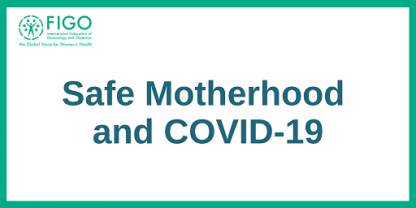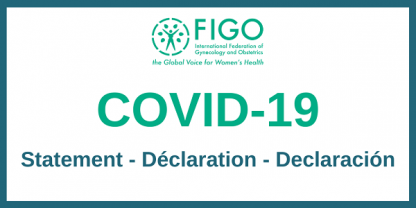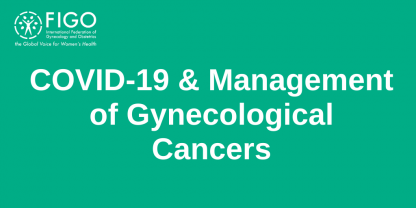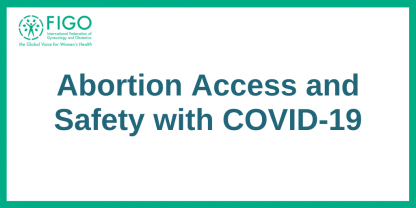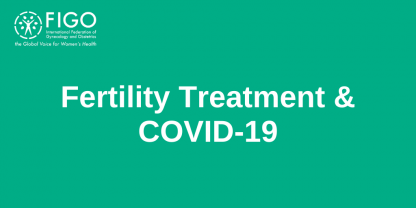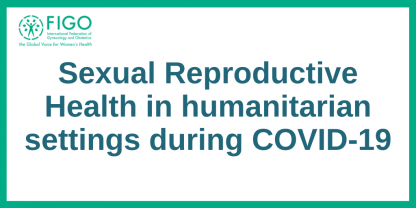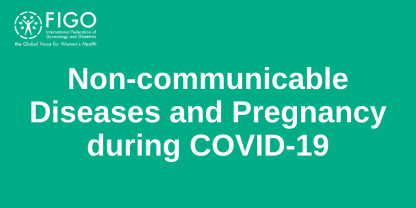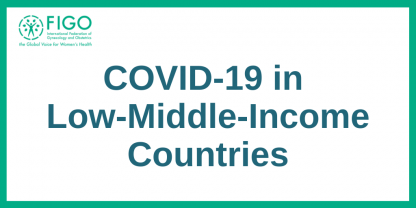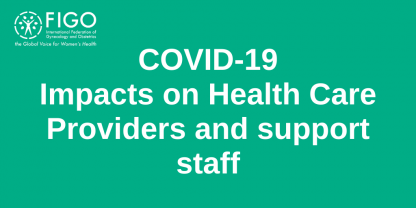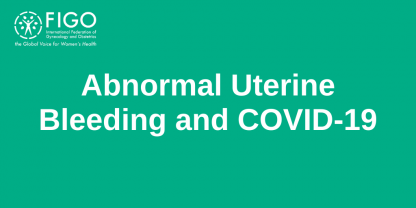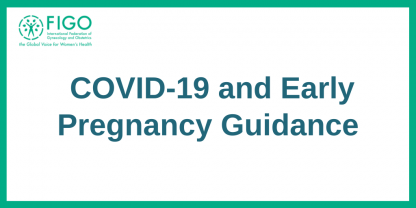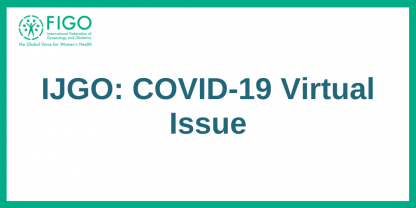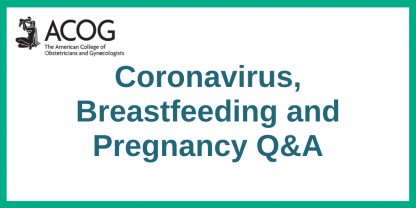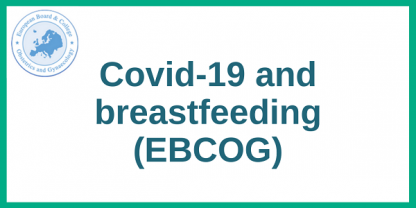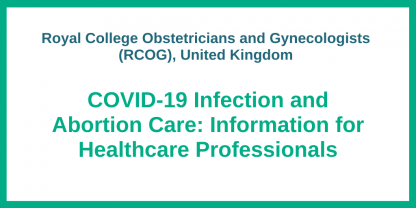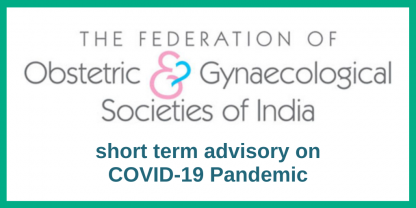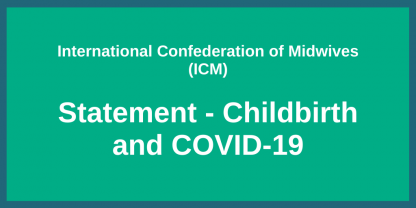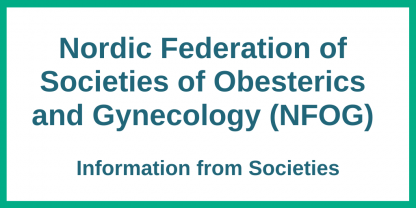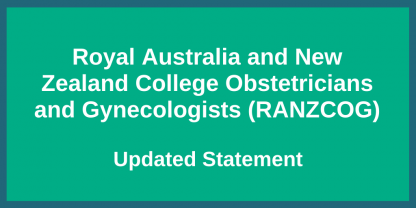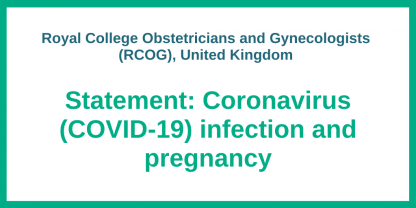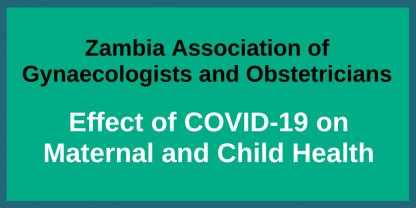COVID-19 Resources
What is COVID-19?
COVID-19 (Coronavirus) is a new pathogen of high contagious abilities. Coronaviruses are a large group of viruses that are common among animals and humans. This novel coronavirus known as COVID-19 is a newly discovered coronavirus, not previously detected in animals or humans. The source of this virus is not yet known. Because it is a NOVEL virus it is not known, and no one has immunity. Global human health is at risk.
Background
FIGO has the expertise of member organisations and their leaders from around the globe. We recognise that our physicians, the first responders and staff, are providing frontline care, and are risking their lives.
We are sharing guidelines below but are cognizant that they are evolving rapidly.
FIGO has FIVE regions or federations, and we have asked for the leadership of these five regions to provide guidance, under the direction of our Safe Motherhood Committee.
RESEARCH
Very little research on COVID-19 exists, but to date the research on pregnant women does not show an increased risk to their health. Preterm births have been reported in a small number of pregnancies where a mother tested positive, but whether these risks were related to infections is NOT known. There is no clear transmission of virus to fetus, and studies to date do not show COVID-19 in amniotic fluid or placenta, but these data are only from third trimester exposures. It is not clear that COVID-19 follows a transplacental route to fetus. The appearance of rashes in two newborns raises the specter of immunologic effects.
Pregnant women are at greater risk of severe morbidity and mortality with infections such as SARS and influenza because of their decreased lung capacity and their immune response. Accordingly, pregnancy should be considered a vulnerable time period with COVID-19. To date the clinical manifestations of pneumonia in pregnancy have been similar to the non-pregnant state. Women MUST pay attention to social distancing and hygiene.
FIGO urges Obstetricians–Gynecologists, and other health care practitioners, to pay close attention to the health and well-being of pregnant women, and to take seriously any symptoms of:
- Fever
- Dry cough or shortness of breath
- Myalgia and Fatigue
- Anosmia
The incubation period from exposure to onset of symptoms averages 4 to 6 days, and up to 14.
The virus can be shed readily in this asymptomatic time period, which is why social distancing and hygiene are critical. Viral shedding can persist for several weeks, even after symptoms have resolved.
Guidance is updated on a daily basis by the World Health Organization (WHO) and Centers for Disease Control and Protection (CDC).



